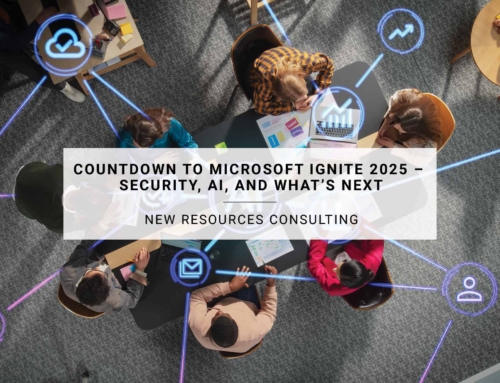What Is Ethical Hacking?
Ethical hacking, also known as “white hat” hacking or penetration testing, involves authorized testing of computer systems and networks to identify vulnerabilities. The goal is to find weaknesses before malicious hackers exploit them. Ethical hackers work within legal boundaries and follow a code of ethics. They help organizations secure their systems by proactively identifying and fixing security flaws.
Non-Ethical Hacking (Black Hat Hacking)
Non-ethical hacking, often referred to as “black hat” hacking, is performed with malicious intent. Black hat hackers exploit vulnerabilities for personal gain, steal sensitive information, or disrupt systems. Their activities are illegal and can cause significant harm to individuals, companies, or governments.
Key Differences
Purpose:
- Ethical Hacking: To improve system security.
- Non-Ethical Hacking: To steal data, cause harm, or disrupt systems.
Legality:
- Ethical Hacking: Authorized and legal.
- Non-Ethical Hacking: Illegal and criminal.
Hackers:
- Ethical: White hat hackers.
- Non-Ethical: Black hat hackers.
Actions:
- Ethical: Identify and fix vulnerabilities.
- Non-Ethical: Exploit vulnerabilities.
Motivation:
- Ethical: Protect systems and prevent attacks.
- Non-Ethical: Personal gain or malicious intent.
How to Get into Ethical Hacking and Cybersecurity
1. Learn the Basics: Understand different types of cyber-attacks (e.g., malware, phishing, DoS, SQL injection).
2. Programming Skills: Learn a programming language (Python is popular) to understand coding and scripting.
3. Cybersecurity Fundamentals: Study network protocols, web servers, and security tools.
4. Build a Portfolio: Work on personal projects and document your progress.
5. Certifications: Obtain certifications like CompTIA Security+ or Certified Ethical Hacker (CEH).
6. Stay Updated: Follow security blogs, podcasts, and researchers.
7. Apply for Jobs: Look for entry-level positions in cybersecurity.
8. Continuous Learning: Enhance your skills and stay curious!
Remember, ethical hacking is not just a career; it’s a commitment to securing our digital world. Stay curious, keep learning, and contribute to a safer online environment!









